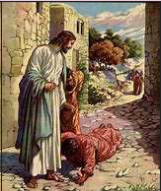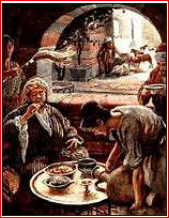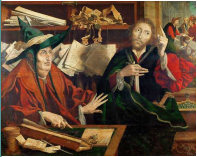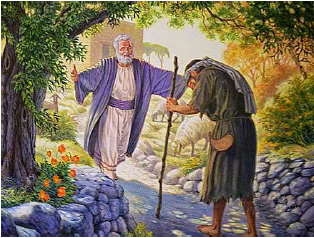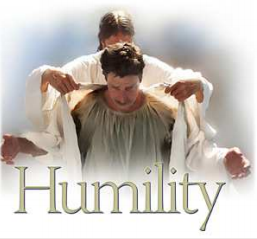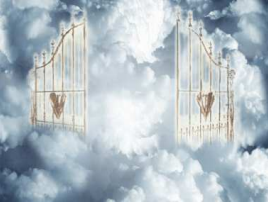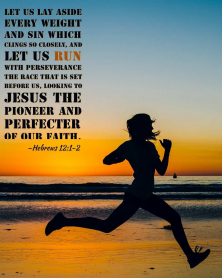Just the way I am
https://stmarystcatherine.org/wp-content/themes/osmosis/images/empty/thumbnail.jpg 150 150 Charlestown Catholic Collaborative Charlestown Catholic Collaborative https://stmarystcatherine.org/wp-content/themes/osmosis/images/empty/thumbnail.jpgAs I was walking to my car, parked on a side street in a small town on Long Island, my nephew ran excitedly alongside me. When we arrived at the car, parked a block or so away from the apartment of my brother and sister-in-law, I asked my nephew, “Chris, do you want to drive?” This handsome child stopped in his tracks and looked at me seriously as he said, “I can’t drive, I am only five years old!” That scene took place a long time ago and I recall it fondly as a wonderful example of maturity. Maturity is nothing more than knowing who you are and accepting that truth.
It sounds so simple, yet for so many of us we are unsure about ourselves and often unaccepting of the person we believe we might be. What does it take to move us from doubt, uncertainty, and the insecurity of our own sense of self to a place of acceptance and peace? I am not sure if there is a magic formula but I am sure that the journey is a long and complicated one.
We are social beings. We define ourselves in relationships with others; how another speaks to us, sees us, cares for us, accepts us, and more are all fundamental in how we come to see our very selves. For example, there are numerous stories and studies of how a child performs in school to meet the expectation of the teacher. If a teacher, for whatever reason, has decided the child is slow and not too bright – too often the child’s performance is just that. The opposite applies equally. I recall having a slow start in college and in my sophomore year, turning in a sociology paper to my professor. Later, the professor called me to his office, held out the paper to me and said, “Ronan, you can do be er than this – here, do it.” I walked out of that office fuming . . . and then went and wrote a better paper.
Research is stunning about the low image teenagers have of their bodies. Both boys and girls in amazing numbers think they are not handsome or pretty. In fact, most people do not even have a clear sense of acceptance of their own body until they are in their 20’s. Whether it is one’s body, personality, aptitude or overall general appearance, how we get to a healthy place of self acceptance is a challenge.
For the Christian, however, there is another essential part of the journey. We celebrate that we are God’s creation, made in the image and likeness of God. Furthermore, we celebrate that God loves us unequivocally and constantly. Our relationship with Jesus as friend is for many of us a deep source of strength and a fundamental aspect of our maturity. By that I mean, as I recognize myself as a man, with all kinds of strengths and weakness, hopes and dreams, failures and embarrassments, I also know that I am loved by God.
The life and teaching of Jesus continually has taught that God’s love is neither dependent on my level of perfection nor impeded by my imperfections. God loves us because God is God and God is love. For young and old and everyone in between, maturity is saying “yes” to who and what I am and knowing that each of us is a work in progress. God is not yet finished with us – we are on that journey and maturity does not mean that our work is finished or we are perfected – it simply means accepting where I am today – and knowing that place is fine with God.
– Fr. Ronan

October 20 ~
Twenty-ninth Sunday Ordinary Time
“Remain faithful to what you have learned and believed. . . proclaim the word; be persistent whether it is convenient or inconvenient”. Paul makes it very clear that the scriptures we hear are God’s inspired word for us. Therefore, when we pray with the Scriptures, we can be confident that God shows us where and with whom we are to “proclaim the word.”
So as the familiar hymn proclaims,
“Take the word of God with you as you go.
Take the seeds of God’s word and let them grow.

